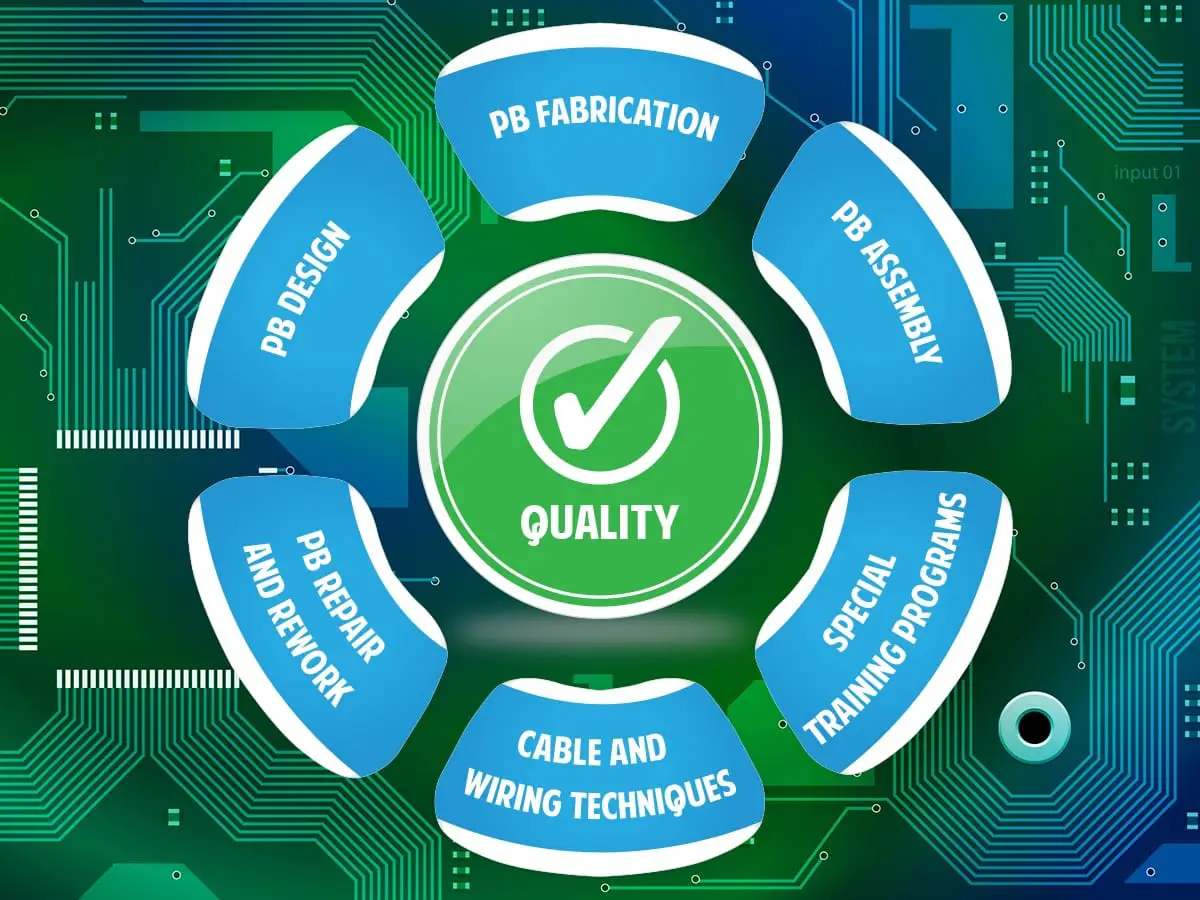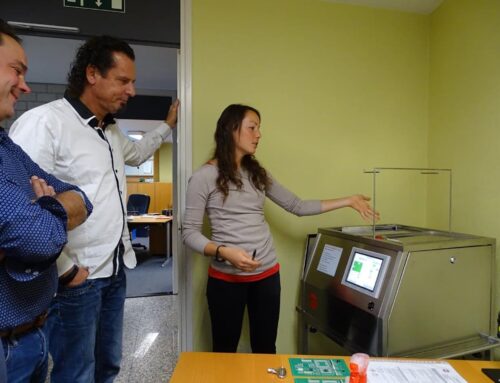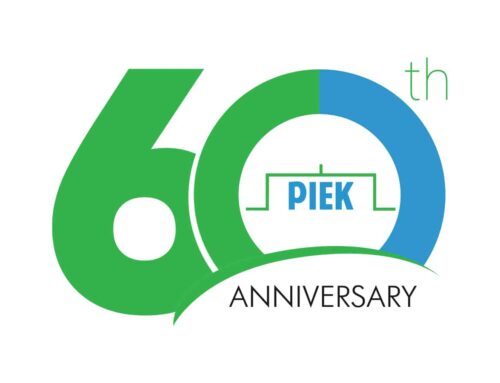The electronic interconnect industry is continually innovating, and innovations obviously have a big impact on product quality. Newly created products make the lives of consumers safer, better and more pleasant, regardless of whether they are health-care products, in which technology, ICT and knowledge are married, or mobility products, in which technology, ICT and artificial intelligence are married.
In order to safeguard quality IPC has set a number of regulations and standards in cooperation with the technical interconnect industry. These so-called IPC standards are logically construed, coherent as a whole and protective of the quality of products as well as the quality of manufacturing, assembly and repair processes. The circle below illustrates how the IPC standards are construed. First of all, there are the standards pertaining to printed circuit board (PCB) design, laid down in IPC-A-600. Secondly, there are standards related to PCB manufacturing and assembly, laid down in IPC-A-610. Apart from this, IPC has also developed special training programmes, e.g. for the aviation and aerospace industries, laid down in IPC-J-Std-001.
Cabling and wiring are subject to a separate standard described in IPC/WHMA-A-620. And finally, IPC-7711 and IPC 7721 have been developed to cover repair and rework processes.
For all training courses related to these standards you can turn to PIEK. PIEK’s top-quality knowhow and experience has made it the only educational centre in Europe to be authorised by IPC to provide IPC certifications and re-certifications.
That is not all, however. PIEK has also developed its own PIEK courses. These lead up to a PIEK certificate and are construed just like original IPC courses. The difference is that PIEK courses take an in-depth approach and go beyond the regular courses, digging into the daily practices of the participant. This allows the participants to get just that little bit extra baggage that can make all the difference in the market.










